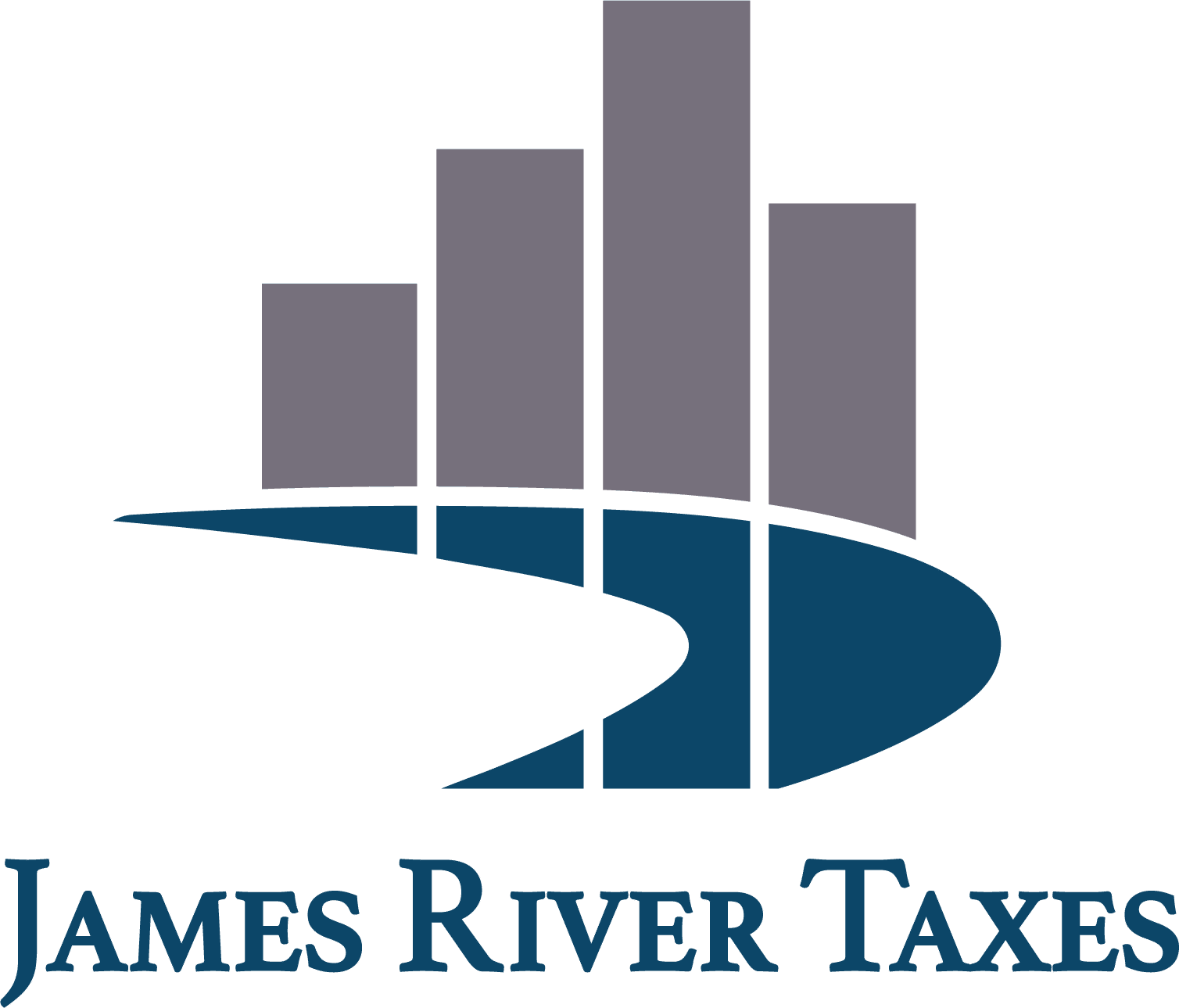Mid-Year Tax Checkup
As you complete your tax return this year, are you surprised by the amount of your balance due or refund? Many people are unpleasantly surprised by the balance due. How can you prepare so that tax time is, if not pleasant, at least less painful?
The choices you make regarding your federal income tax withholding and estimated payments can impact your balance due or refunds. The IRS developed withholding tables to assist your employer in determining the correct amount of tax to withhold from your paycheck. The good news is that you can change your withholding whenever you want. By completing a Form W-4, you can take additional withholding each paycheck to minimize your balance due. If you’re not great at saving, taking $50 out of each paycheck in the last half of the year is often easier than coming up with $600 at tax time. In much the same way, you can make an estimated tax payment during the year. This is helpful if you have extra cash during the year.
How do you determine how much to withhold or pay? Generally, taxpayers do not incur an underpayment penalty unless they have a balance due (after deductions, credits, and payments) in excess of $1,000. We know the tax rates for 2020. If you bring in your paycheck closest to July 1, you can double the income and withholding to get approximate numbers for the full year. Together, we can go through your usual deductions and credits to determine the amount that you must withhold to get to where you want to be.
Tax Notes
A health savings account (HSA) lets you set aside money on a pre-tax basis to pay for qualified medical expenses. Following are the HSA limits for 2020 and 2021:
Tax Due Dates
• April and June estimated tax payments due – July 15
• Individual and C corporation income tax return due – July 15
Did You Know?
On June 14, 1777, the Continental Congress passed the first Flag Act, declaring that “the flag of the United States be made of thirteen stripes, alternate red and white; that the union be thirteen stars, white in a blue field, representing a new Constellation.” But it wasn’t until 1916 that June 14 was officially established as Flag Day. Appleton, Wisconsin, home of the National Association of Tax Professionals, claims to have the oldest National Flag Day parade, first held in 1950.
Quote Corner
“Success is not final, failure is not fatal: it is the courage to continue that counts.”
~ Winston Churchill

